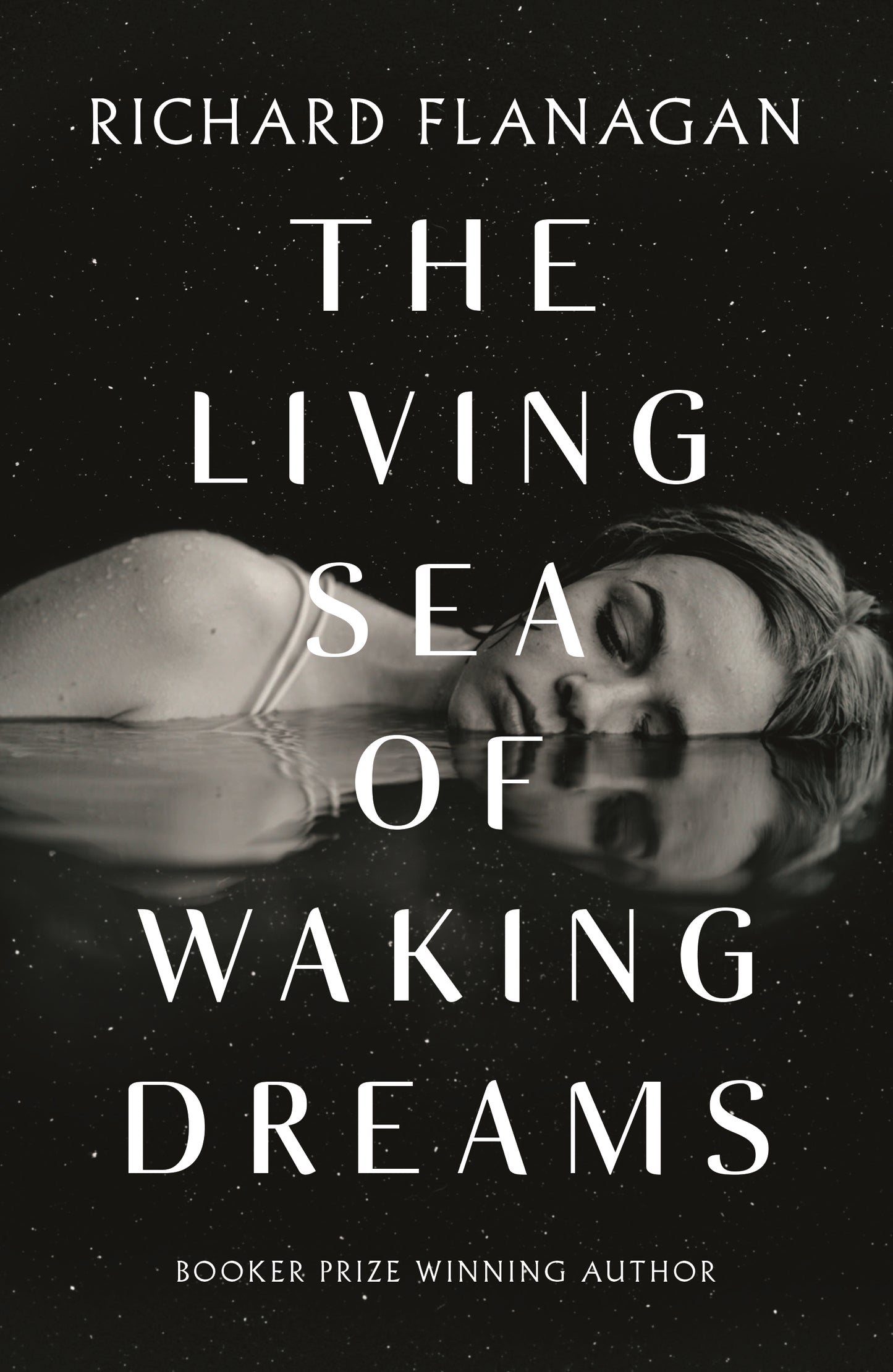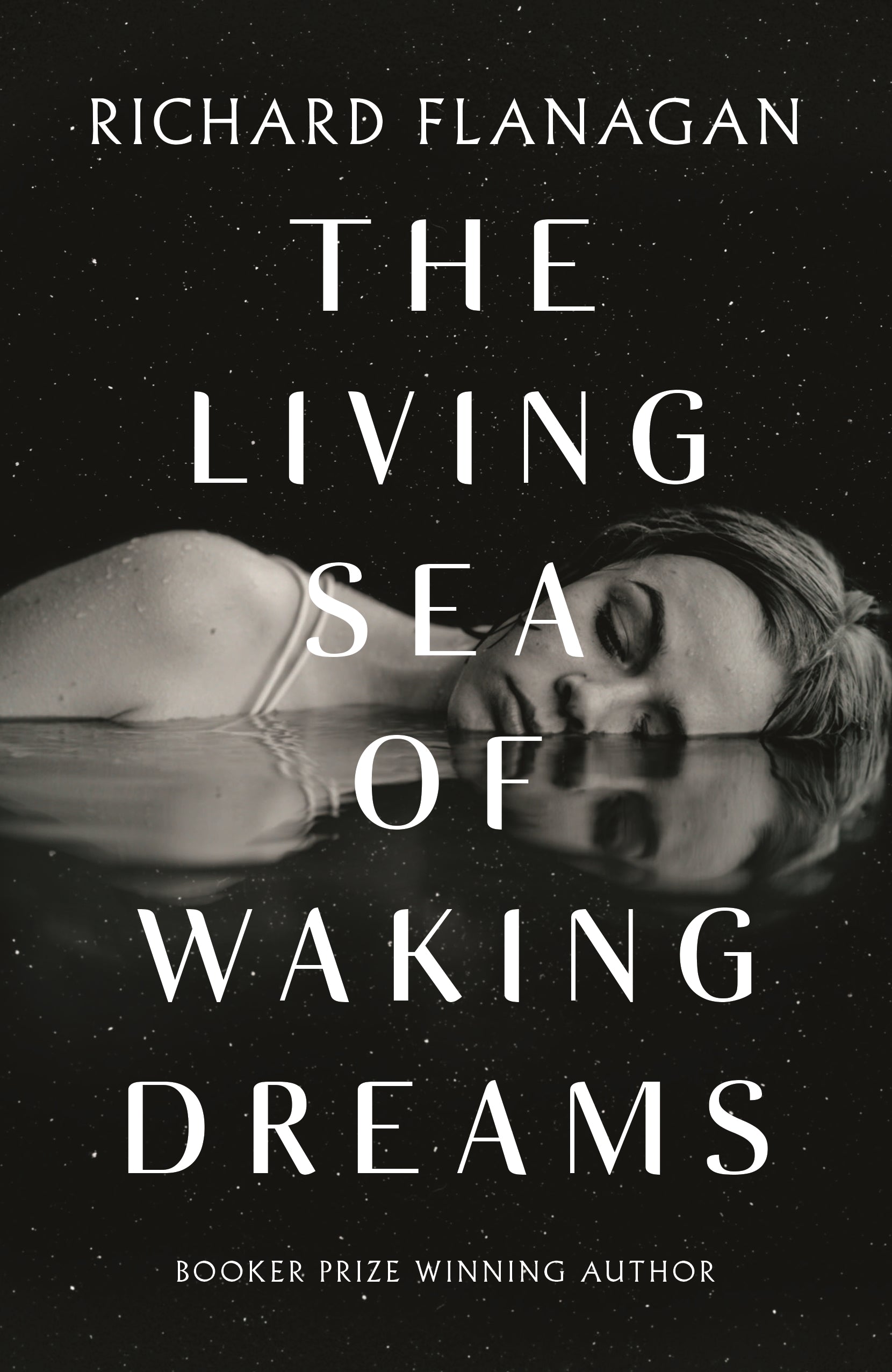Richard Flanagan
Living Sea of Waking Dreams
Living Sea of Waking Dreams
Couldn't load pickup availability
Kerry:
"Francie is dying, or trying to. Her three children surround her hospital bed and for a range of complex personal reasons they decide, against all medical advice that their mother must live. Not from spite or hate, but a complicated love and inability to let go. Her daughter Anna sits beside her bed watching over the slow horror of her mother’s dying. The pain she is witnessing is reflected outside the walls of the hospital – Tasmania is burning. The environment, climate change and extinction are all themes threaded throughout this novel. Mimicking this vanishing Anna starts to lose body parts, they simply vanish. Off-putting at first Anna quite quickly adapts to and accepts her new norm. This magical realism serves to highlight our apathy, our impermanence.
This is a quiet book, you can’t rush it - Flanagan’s prose is elegant and full of beauty. Flanagan wants us to be disturbed, to be alarmed but he also offers us on the last page one of the most hopeful paragraphs I have ever read."
Other Reviews:
[In] the second great novel the author has sent out straight from his imagination - he explores how our failures to properly love have led us to the point of destruction. What impresses most, however, is that Flanagan's novel doesn't end in condemnation ... it concludes, astonishingly for a story about our flaws, our blindnesses ... with a message of hope, frail and tiny as an orange-bellied parrot.' GEORDIE WILLIAMSON, AUSTRALIAN
Flanagan has delivered a book that both distils the literary qualities for which he has been celebrated for more than a quarter of a century and recasts our ideas about the kind of writer he is and what he can do. This novel is a revelation and triumph, from a writer demonstrating, yet again, the depths of his talent, while revelling in a new, unfamiliar register. It is at once timely and timeless, full of despair but leavened by hope, angry and funny and sad and a bit magical ... [Flanagan's] acuity when it comes to drawing the core relationships, the complex cross-generational patterns of trauma and intolerance, rejection and love, is masterful ... This book is Vintage Flanagan. It is urgent and angry and fierce. But it is also a kind book, a sorrowful book. It is a book that offers notes grace and gratitude in the face of beauty, asking its readers to be vigilant in how we take care of our world, of each other, of ourselves. Nothing disappears, it suggests, if we’re brave enough to pay it the attention and regard it deserves. What an astonishing book this is. MICHAEL WILLIAMS, SYDNEY MORNING HERALD
Share


